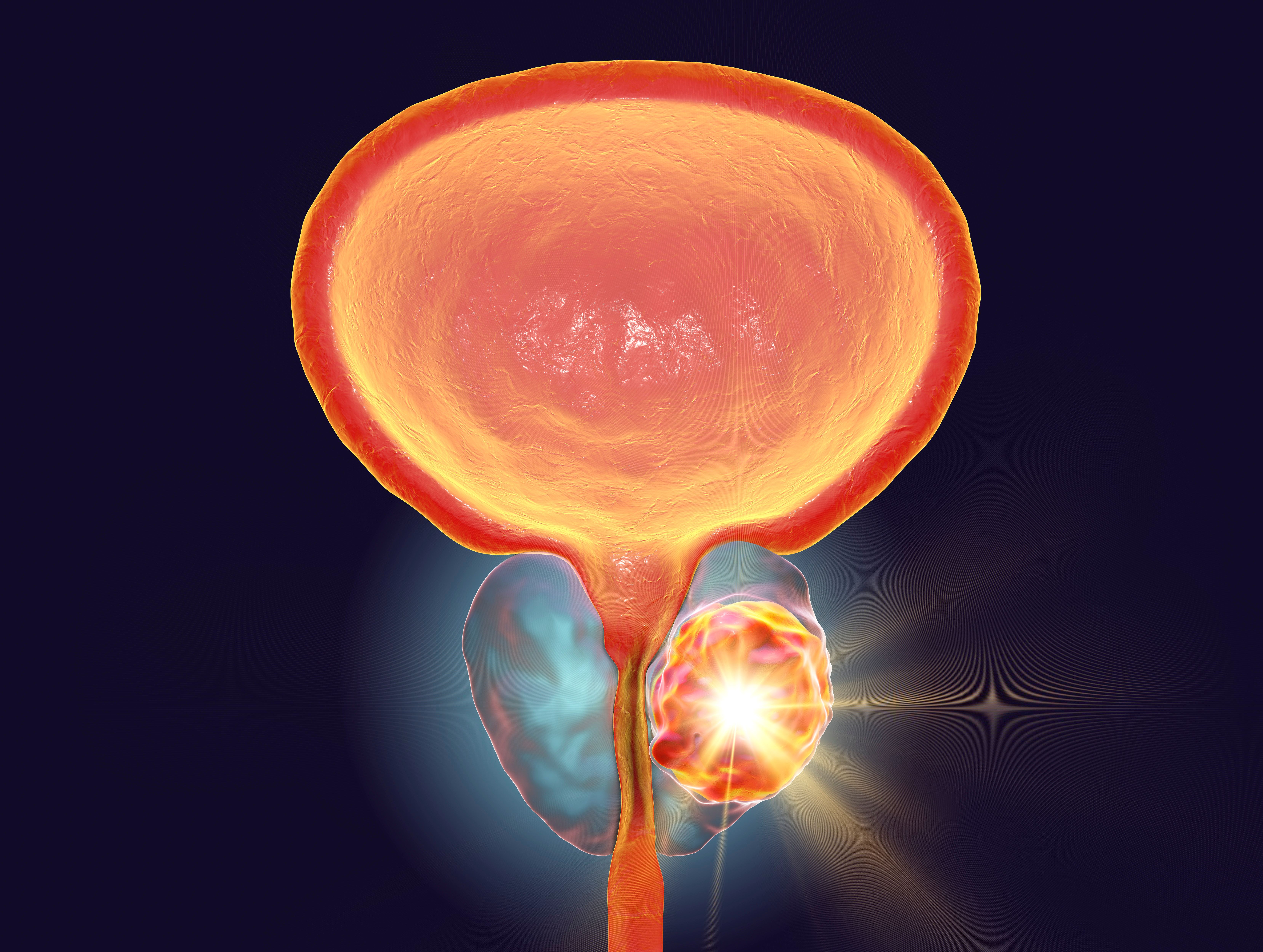Article
New Chemical Compound Reduces Pancreatic Tumors by 80 Percent
Author(s):
MM41 targets cell nuclei to provide a new method of attacking pancreatic cancer.
MM41 targets cell nuclei to provide a new method of attacking pancreatic cancer.
Researchers from University College London created a chemical compound, MM41, which decreased mouse pancreatic tumors by 80%.
MM41 is designed to block quadruplexes in DNA, which causes genes malfunctions. MM41 worked particularly well against two genes - k-RAS and BCL-2 - which are found in many pancreatic cancers.
In the study, led by Stephen Neidle, PhD, 2 groups of 8 affected mice were tested. In the group treated with large amounts of MM41, tumor growth decreased by 80%. For 2 mice, tumor growth stopped completely until the end of their natural lives.
Pancreatic cancer is currently the most lethal of any common cancers, with a survival rate of less than 5%. For many people, diagnosis comes too late for surgery; and for those who do undergo surgery, tumor regrowth occurs 80% of the time.
This treatment attacks the source of the problem - the faulty genes. Further analysis of the mice shows that MM41 targets the nuclei of the mice's cells, offering a new way to attack pancreatic cancer where traditional treatment has been lacking.
"...One of the genes that MM41 blocks -- the BCL-2 gene -- is involved in regulating apoptosis ... , " Neidle explains. "BCL-2 is present in high amounts in many tumors and helps cancer cells to survive, but when the BCL-2 gene is blocked by MM41 in mice, the cancer cells succumb to apoptosis and die."
MM41 worked extremely well in mice, with no adverse side effects. Even so, it is not ready for human trials until more research has been conducted. However, the results of the study suggest potential for treating human pancreatic cancers.
This study was published in Nature Scientific Reports, 2015.
Newsletter
Stay informed on drug updates, treatment guidelines, and pharmacy practice trends—subscribe to Pharmacy Times for weekly clinical insights.





